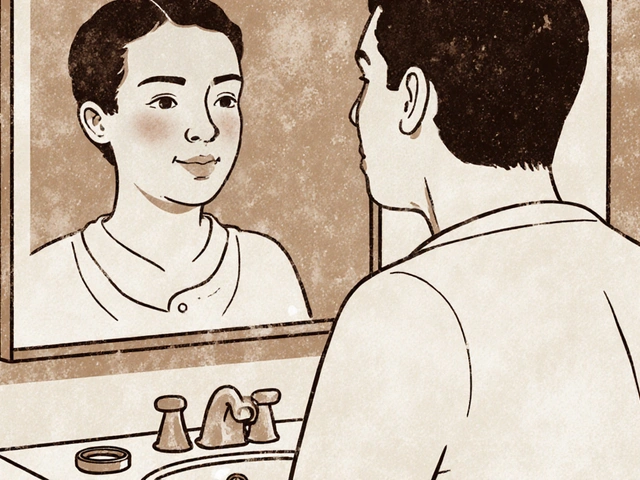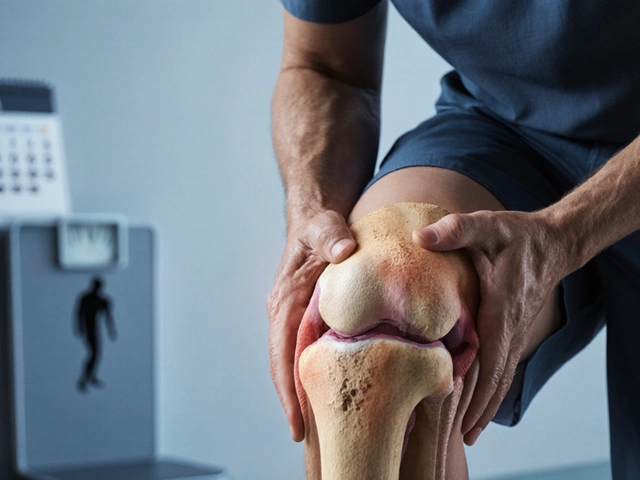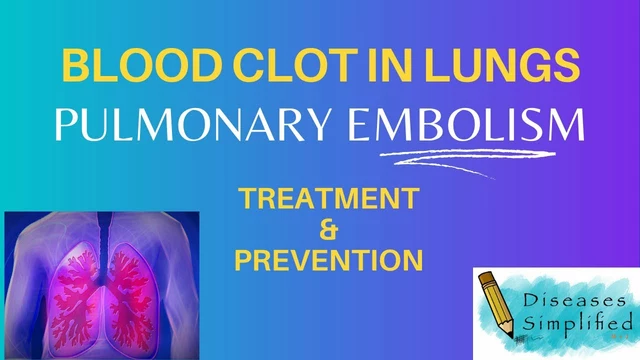Mental Health: Practical guides, meds, and coping tips
Mental health affects how you think, feel, and act every day. You don’t need perfect tools to feel better—you need clear, useful steps that fit your life. Here you’ll find short, practical pieces on treatments like vortioxetine and real-world tips for managing panic while traveling. Read what helps, what to watch for, and what to ask your clinician.
Vortioxetine and thinking skills: what to know
Vortioxetine is an antidepressant many doctors prescribe for major depressive disorder. Beyond lifting mood, randomized clinical trials reported improvements in processing speed, attention, and memory in people with depression who took vortioxetine compared with placebo. That doesn’t mean it will fix every cognitive problem, but some patients notice clearer thinking and better focus within weeks.
How to use that info: talk to your prescriber if cognitive symptoms are a major worry. Ask about expected timelines, side effects, and how vortioxetine compares to other antidepressants for thinking and daily tasks. Track changes with simple tests—note if you forget appointments less often, read faster, or finish tasks quicker. If cognition doesn’t improve, your clinician can adjust the plan.
Traveling with panic disorder: a simple plan
Travel can trigger panic, but you can travel safely with planning. Start by packing medication in your carry-on with labels and a doctor’s note. Bring a small emergency kit: prescription, slow-breathing instructions, a grounding script, and a list of contacts. Let a travel buddy know your plan and how to help during an episode.
Work on short tools before the trip. Learn box breathing (inhale 4, hold 4, exhale 4, hold 4) and a 5-4-3-2-1 grounding routine (name 5 things you see, 4 you touch, etc.). Practice them at home until they calm you in 1–3 minutes. Schedule rest breaks, avoid too much caffeine or alcohol, and pick seats that feel safer—aisle seats, or near an exit if that helps your comfort.
If you use as-needed meds like a benzodiazepine, discuss dosages and timing with your doctor. Cognitive-behavioral tools help long-term—exposure-based practice and brief relaxation exercises reduce panic frequency. Consider teletherapy while traveling if you need quick check-ins.
Want to read more? Start with the articles below on this page: an easy-to-follow overview of vortioxetine and a travel-ready checklist for panic disorder. Use the tips that fit your life, ask your clinician specific questions, and keep notes on what works. Small changes add up fast.

- Feb 12, 2026
- Posted by Cillian Osterfield
Social Anxiety Disorder: How Beta-Blockers and Behavioral Therapy Work Together
Social anxiety disorder affects over 12% of U.S. adults. Beta-blockers like propranolol can calm physical symptoms during stressful events, while behavioral therapy addresses the root fear. Used together, they offer real, lasting relief.
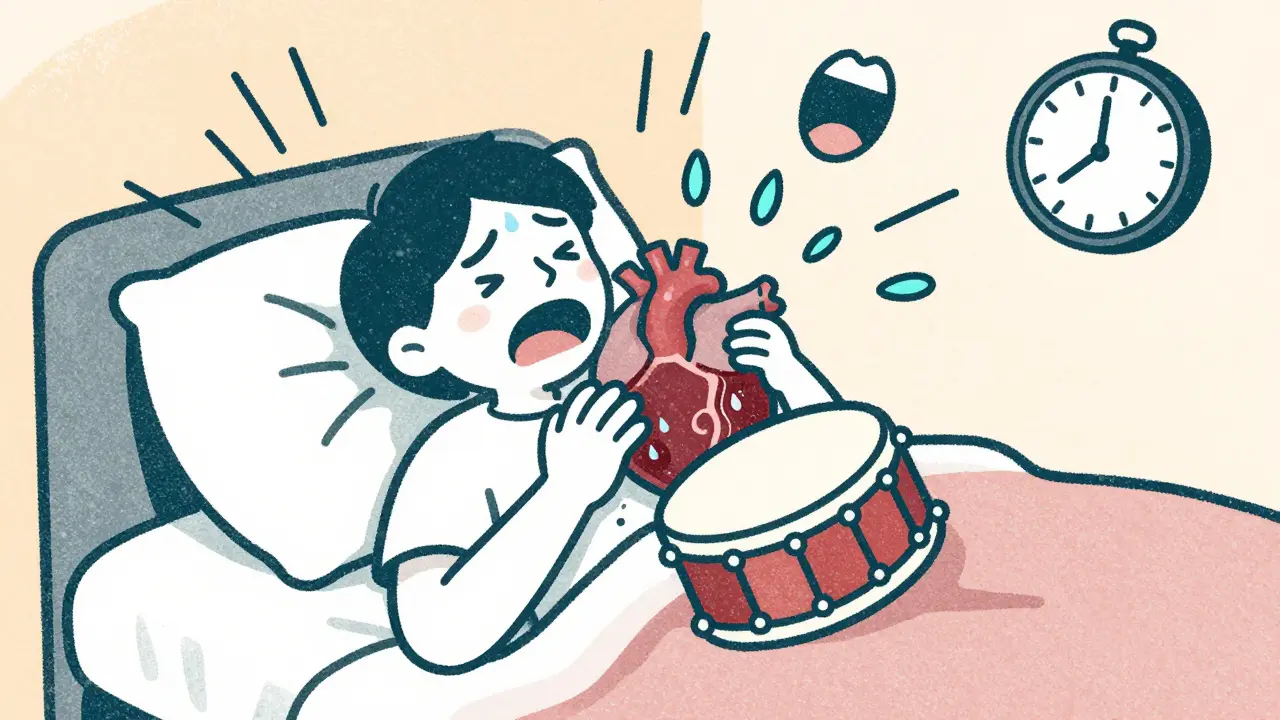
- Feb 3, 2026
- Posted by Cillian Osterfield
Panic Disorder: Understanding Panic Attacks, Agoraphobia, and Effective Treatments
Panic disorder involves sudden, intense panic attacks that can lead to agoraphobia and life-limiting avoidance. Evidence-based treatments like CBT and SSRIs offer real relief, with up to 85% success when combined. Recovery is possible.
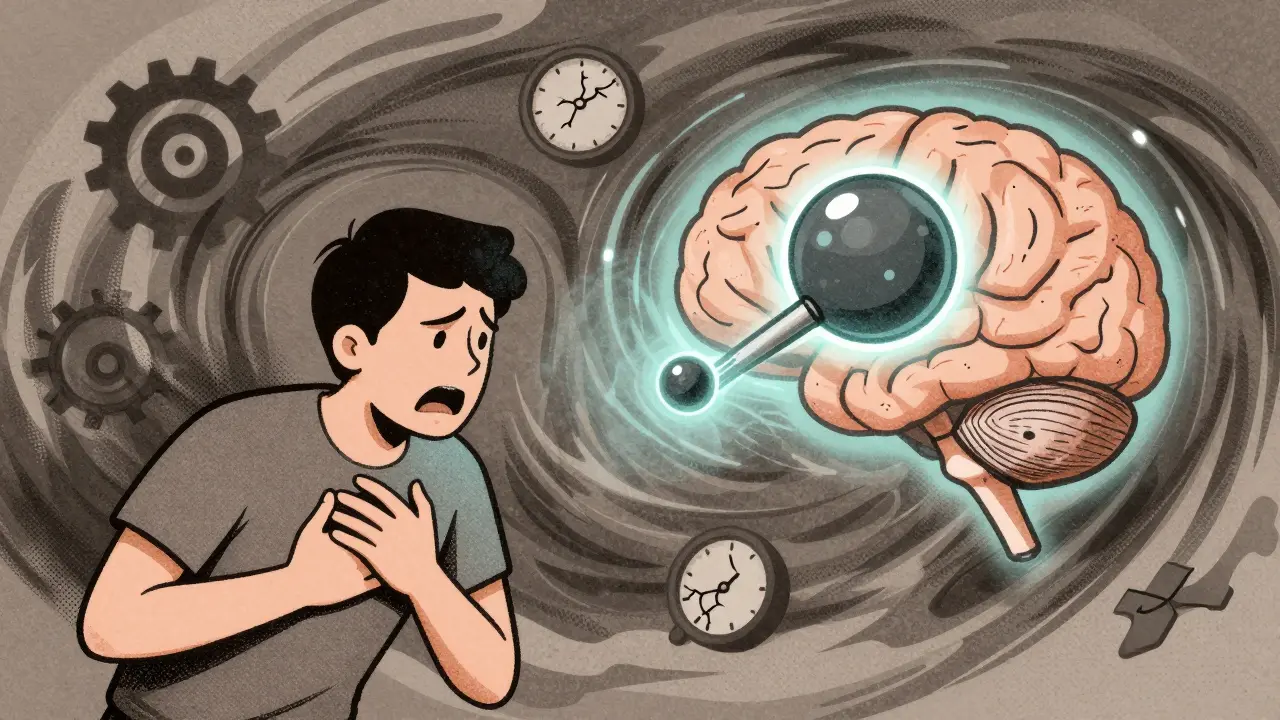
- Jan 27, 2026
- Posted by Cillian Osterfield
Benzodiazepines: What They Do, How They Help, and Why They Can Be Dangerous
Benzodiazepines offer fast relief for anxiety and panic but carry high risks of dependence. Learn how they work, who's most at risk, safer alternatives, and how to taper off safely under medical supervision.

- Dec 26, 2025
- Posted by Cillian Osterfield
Psychosis: Recognizing Early Warning Signs and the Power of Coordinated Specialty Care
Recognize the early signs of psychosis like social withdrawal, unusual thoughts, and declining performance. Learn how Coordinated Specialty Care offers the best chance for recovery with team-based, evidence-based treatment.

- Dec 8, 2025
- Posted by Cillian Osterfield
Eating Disorders: Understanding Anorexia, Bulimia, and What Actually Works in Treatment
Anorexia and bulimia are life-threatening mental illnesses with proven treatments. Learn what actually works-Family-Based Treatment, CBT-E, and the barriers keeping people from care.

- Oct 2, 2025
- Posted by Cillian Osterfield
How to Spot Early Warning Signs of Depressive Disorder in Teens
Learn to identify early warning signs of depressive disorder in teens, differentiate from normal mood swings, and take actionable steps to get help.

- Sep 22, 2025
- Posted by Cillian Osterfield
Shift Work Disorder: Symptoms, Causes & Effective Treatment
Explore what shift work disorder is, its tell‑tale symptoms, why it happens, and the most effective treatment options for night‑shift workers.
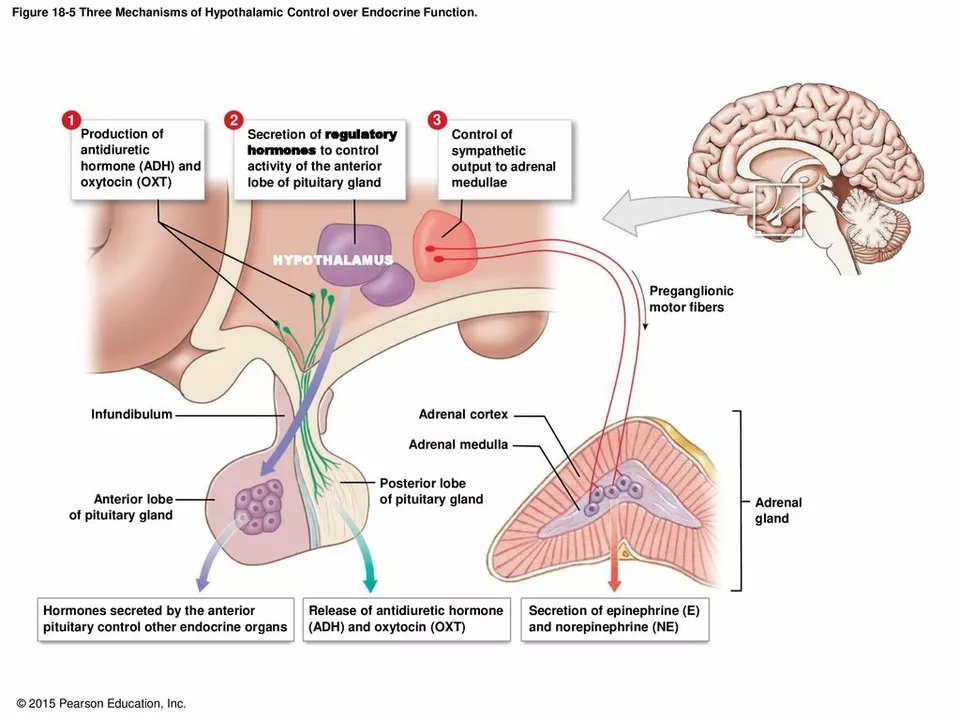
- Jun 1, 2023
- Posted by Cillian Osterfield
Vortioxetine and Cognitive Function: A Promising Connection
In my recent research, I came across some fascinating findings about the connection between Vortioxetine and cognitive function. Vortioxetine, an antidepressant medication, has shown promising results in improving cognitive performance in people with depression. Not only does it alleviate depressive symptoms, but it also seems to directly enhance memory, attention, and processing speed. These cognitive benefits could be a game-changer for those struggling with depression, as they may lead to better daily functioning and overall quality of life. I'm excited to follow this promising connection further and will keep you updated on any advancements in this area.
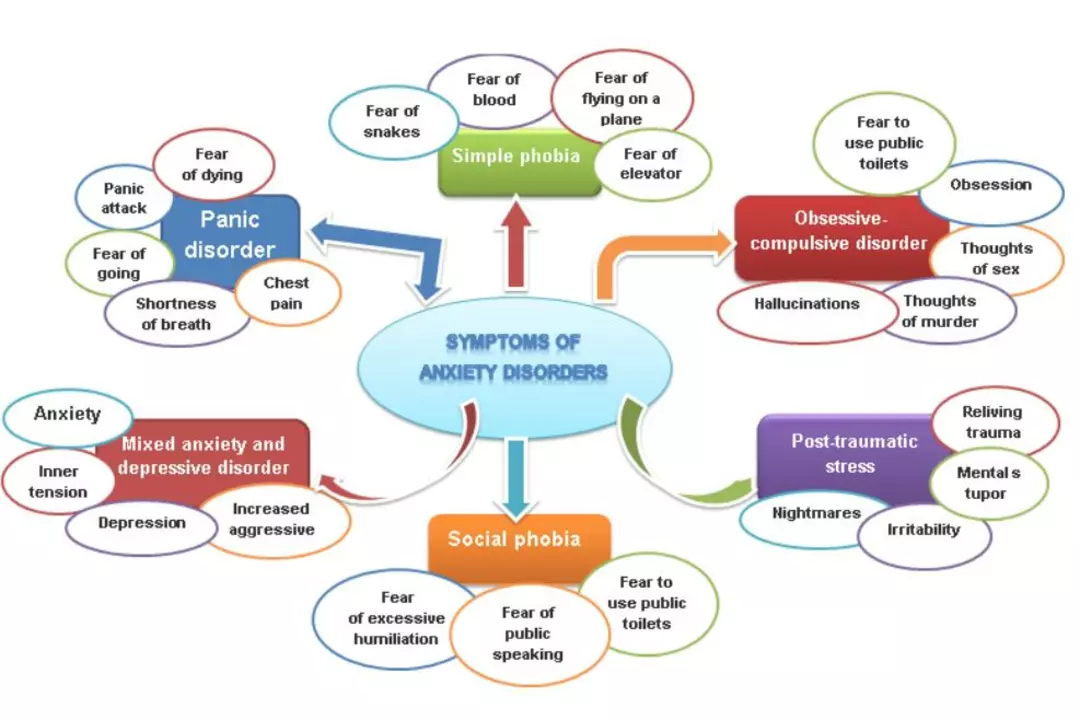
- May 5, 2023
- Posted by Cillian Osterfield
Managing Panic Disorder While Traveling
Traveling with panic disorder can be challenging, but it's totally manageable with proper planning and self-care. I've found that preparing myself mentally, sticking to a routine, and having a support system in place are key to enjoying my trips. Breathing exercises, meditation, and mindful practices have helped me stay grounded during bouts of anxiety. I also make sure to pack essential items like medication and emergency contact information. Remember, don't let panic disorder hold you back from exploring the world - we can overcome it together!
Categories
- Health and Wellness (72)
- Medications (71)
- Health and Medicine (28)
- Pharmacy Services (12)
- Mental Health (9)
- Health and Career (2)
- Medical Research (2)
- Business and Finance (2)
- Health Information (2)
Latest Posts
©2026 heydoctor.su. All rights reserved

